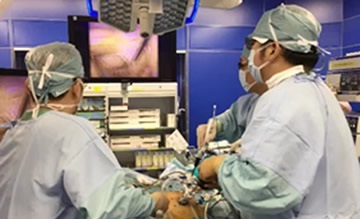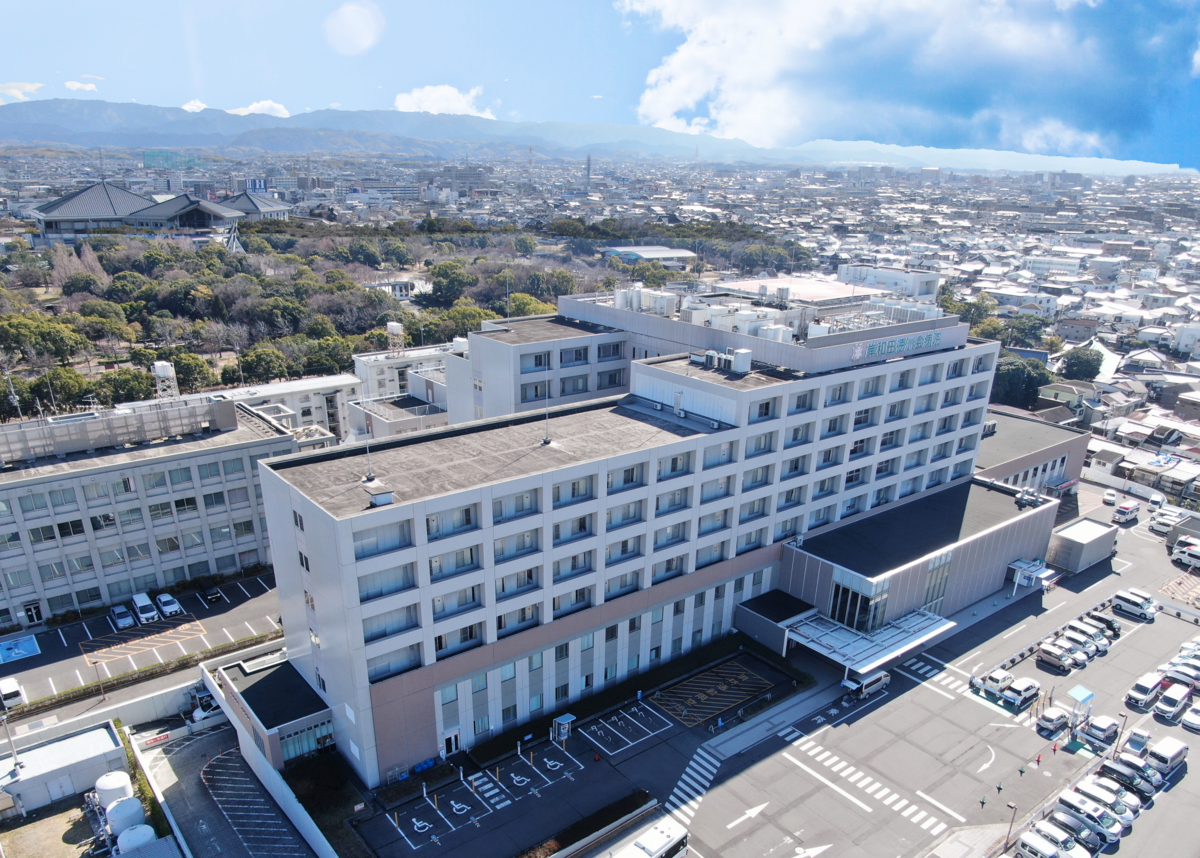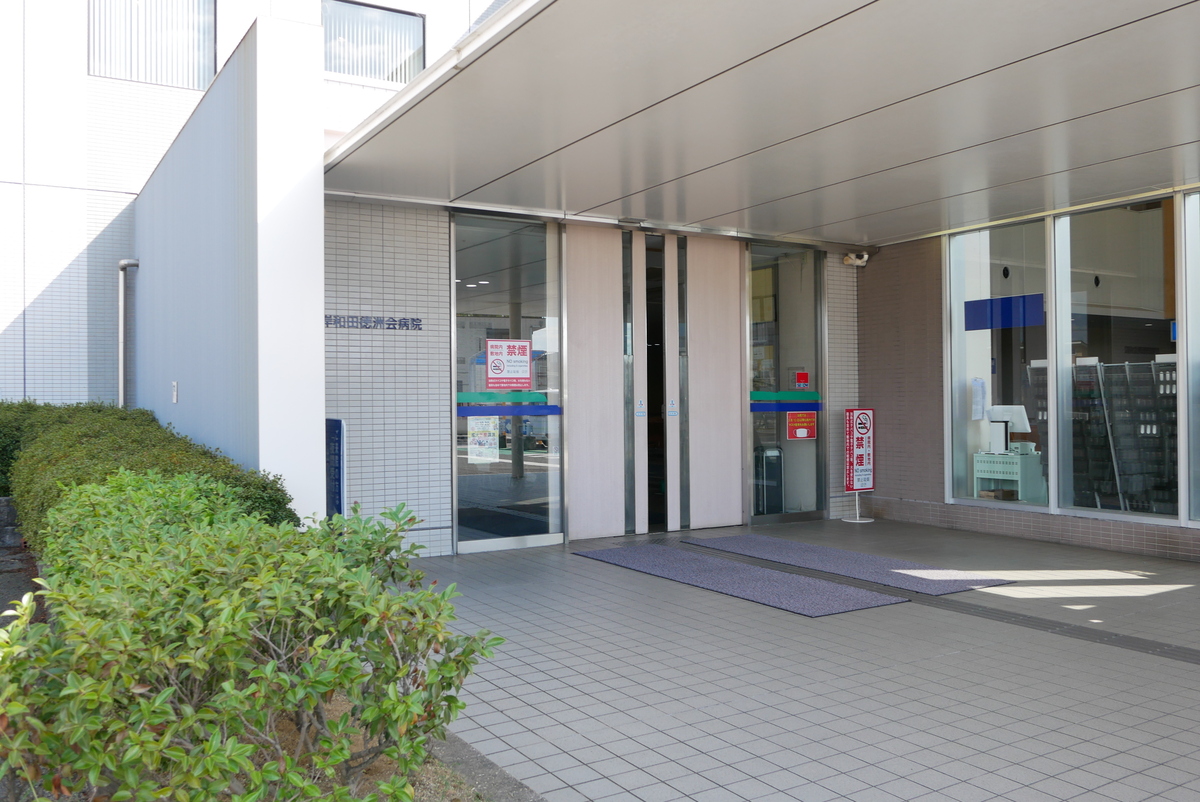Program details
Laparoscopic Surgery (Gastrointestinal Diseases)【Kishiwada Tokushukai Hospital】
surgery
Kishiwada Tokushukai Hospital(Kinki/Osaka)
We provide precise laparoscopic surgery with minimal invasiveness and reduced patient burden.
Laparoscopic surgery minimizes the burden on the body with small incisions and enables precise procedures through magnified visualization. It is applicable for a wide range of conditions, including colorectal cancer and acute appendicitis.
- Genres
-
- Department
- Disease
- Examination Items/Treatments/Surgical method
- Region/Organ
- Program Summary
- Laparoscopic Surgery
[Target Diseases] Colon Cancer, Rectal Cancer, Rectal Prolapse, Acute Appendicitis, Lower Gastrointestinal Perforation, Generalized Peritonitis, etc.
Laparoscopic Surgery
Laparoscopic surgery offers the advantages of small incisions and minimally invasive procedures, as well as precise operations enabled by magnified visualization. In our department, under the supervision of surgeons certified by the Japan Society for Endoscopic Surgery, we perform laparoscopic surgery not only for colorectal cancer but also for benign diseases such as rectal prolapse, acute appendicitis, and generalized peritonitis caused by diverticular perforation of the colon.
- Medical Institutions
-
Kishiwada Tokushukai Hospital
〒596-0042
4-27-1 Kamoricho, Kishiwada City
- Examination Items
- Setup Date
- Excluded days
- Required Days/Hours
- Start/end time
- Eligibility Criteria/Exclusions for Treatment
- Eligibility Criteria
1. Medical Information:
- Diagnosis (e.g., colon cancer, rectal cancer, rectal prolapse, acute appendicitis, lower gastrointestinal perforation, generalized peritonitis, etc.)
- Disease progression (e.g., cancer stage, extent of peritonitis)
- Examination results from other institutions (e.g., CT, MRI, endoscopy)
- Presence of comorbidities (e.g., heart disease, diabetes, hypertension)
2. History of Treatment:
- Previous surgeries or treatments for gastrointestinal diseases
- Current medications (e.g., anticoagulants, antiplatelet agents)
- Presence of allergies or adverse drug reactions
3. Age and Physical Fitness:
- Assessment of whether elderly or comorbid patients can tolerate surgery and anesthesia
- Evaluation of eligibility for laparoscopic surgery under general anesthesia
4. Preoperative Testing and Preparation:
- Ability to undergo required preoperative tests (e.g., blood tests, ECG, chest X-ray)
- Verification of adequate nutritional and intestinal conditions before surgery
5. Postoperative Management and Follow-Up:
- Willingness to cooperate with inpatient care and rehabilitation
- Commitment to attending regular outpatient follow-up visits
- Precautions / Contraindications
- 【Precautions and Contraindications】
1. Cases Not Suitable for Treatment:
- Laparoscopic surgery may not be suitable for cases involving extensive tumor metastasis or peritoneal dissemination.
- Patients with severe cardiopulmonary dysfunction and high risks associated with general anesthesia may face limitations in surgery eligibility.
- Patients unable to discontinue anticoagulant medications may have an elevated bleeding risk, making them unsuitable for surgery.
2. Risks Associated with Laparoscopic Surgery:
- Risks include bleeding, infection, and thrombus formation, especially for severe peritonitis or perforation cases, requiring careful management.
- Intraoperative complications such as risk of bowel or organ injury and gas embolism may occur.
3. Postoperative Recurrence Risk:
- Some patients may experience recurrence or new complications, emphasizing the importance of regular follow-up.
---
# 【Important Pre-Treatment Information】
1. Preoperative Preparation:
- Discontinuation of antiplatelet or anticoagulant medications is required before surgery under medical supervision.
- Patients must undergo necessary preoperative tests (e.g., blood tests, CT, ECG) to confirm surgical eligibility.
2. Postoperative Care and Follow-Up:
- After surgery, monitor for bleeding, infection, and fever. Contact a medical institution immediately if abnormalities are detected.
- Temporary symptoms such as abdominal pain or delayed bowel movement may occur; follow medical instructions for recovery.
3. Lifestyle and Daily Precautions:
- Follow a diet that includes easily digestible foods and maintain hydration to support recovery.
- Focus on easily digestible foods and monitor fluid intake to support recovery.
4. Regular Follow-Up:
- Regular tests (e.g., CT, tumor markers) are necessary post-surgery to monitor recurrence risks and ensure proper recovery.
- Report any changes in symptoms or health promptly and consult your physician.
5. Emergency Response:
- Contact a medical provider immediately if severe abdominal pain, bleeding, or fever occurs after discharge.
- Confirm the contact details of medical institutions and physicians available for emergencies.




